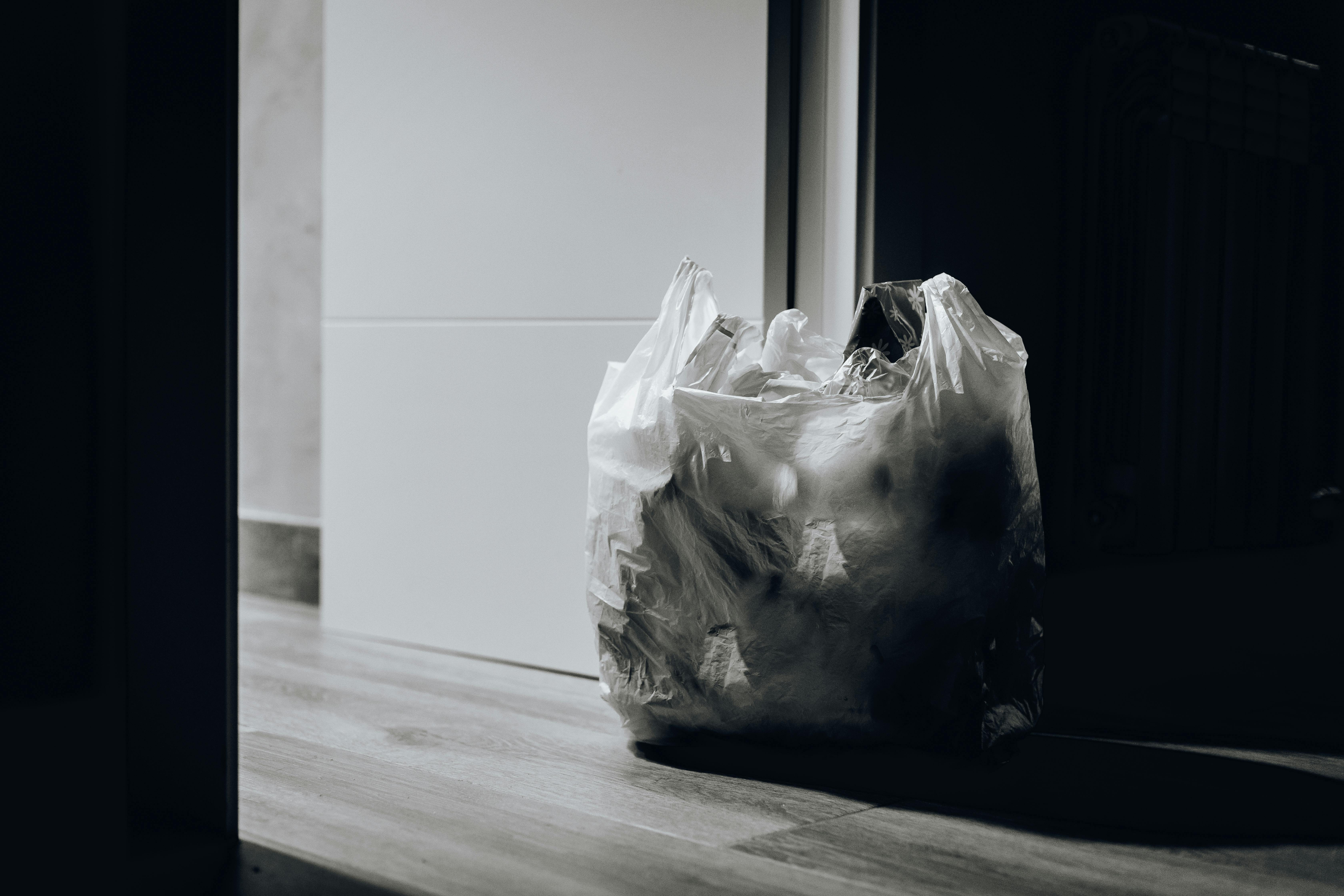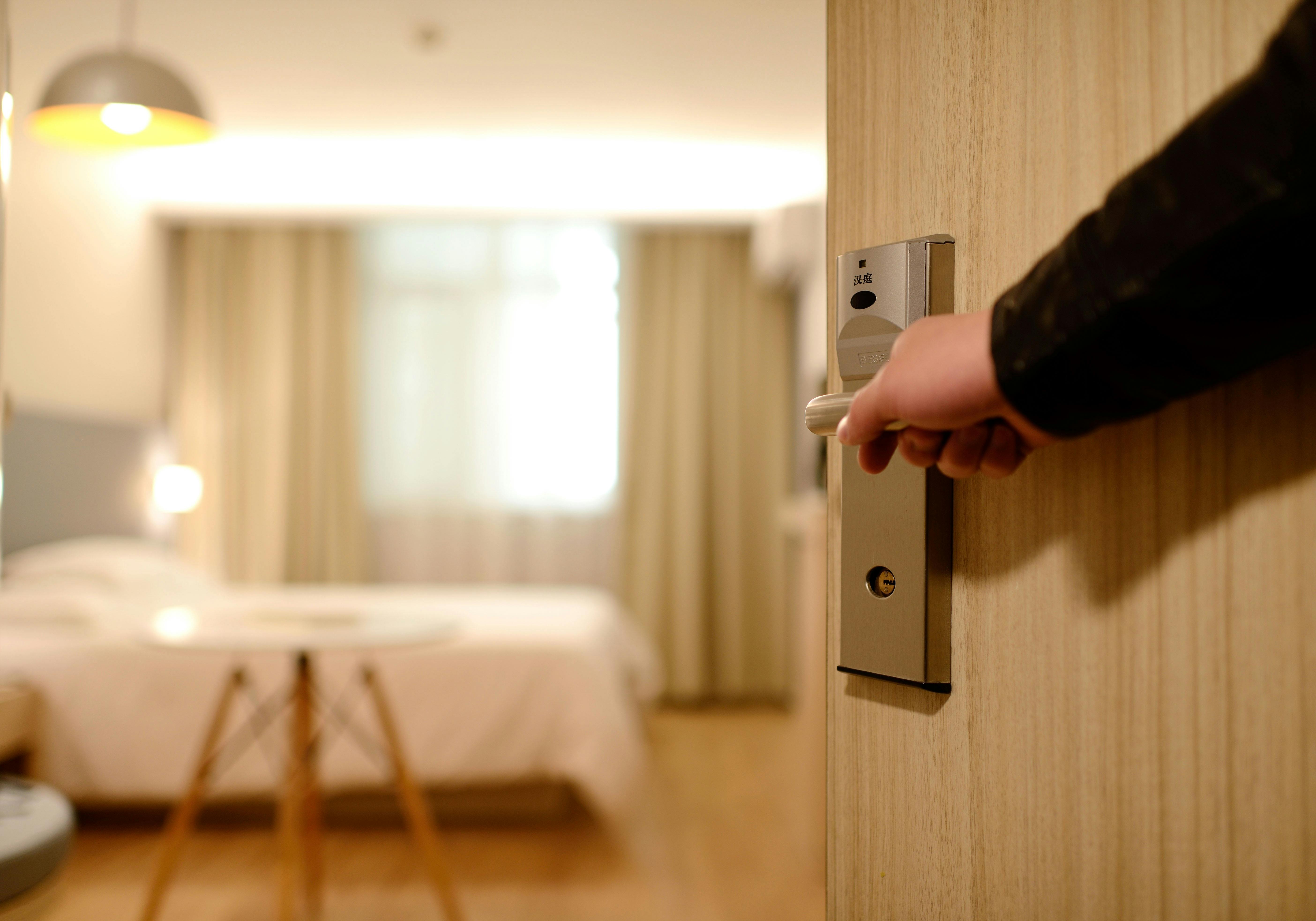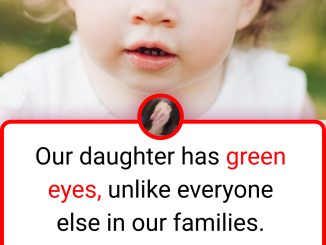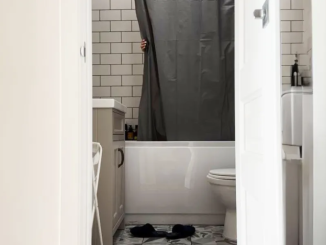Cooking for the first time can be intimidating. There are so many rules, tips, and techniques that experienced cooks take for granted. One common mistake that beginners make is washing vegetables with soap, believing that it will make the food cleaner. However, this is not only unnecessary but can also be harmful.
Why Would Someone Wash Vegetables with Soap?

If you’ve never cooked before, you might assume that soap is the best way to remove dirt and bacteria from vegetables. After all, soap is used to clean dishes, hands, and surfaces—so why not food? While this logic seems reasonable, it’s actually a big misconception.
Many beginners want to ensure that their produce is as clean as possible, especially with concerns about pesticides, bacteria, and dirt. However, using soap is an unnecessary step that can do more harm than good.
The Hidden Dangers of Washing Vegetables with Soap
Washing vegetables with soap might sound harmless, but it can lead to several problems:
1. Soap is Not Meant for Consumption
Household dish soap and hand soap contain chemicals and detergents that are not meant to be ingested. Even if you rinse thoroughly, soap residues can remain on the vegetables, leading to stomach discomfort or digestive issues when consumed.
2. It Can Alter the Taste of Your Food
Have you ever accidentally gotten soap in your mouth? That bitter, unpleasant taste can transfer to your food if you wash your vegetables with soap. This can completely ruin the flavor of your dishes.
3. Soap Can Strip Away Natural Protective Layers
Many vegetables and fruits have a natural protective coating that helps keep moisture in and bacteria out. Washing them with soap can strip away these natural defenses, causing them to spoil faster.
4. Risk of Chemical Ingestion
Some soaps contain harmful chemicals that can be dangerous if ingested, even in small amounts. This is why food-grade cleaning solutions exist for commercial use, but for home cooking, they are unnecessary.
What is the Proper Way to Wash Vegetables?
Now that we know why using soap is a bad idea, let’s talk about the correct way to clean your vegetables:
1. Rinse with Cold Water
The best and easiest way to clean produce is by rinsing it under running cold water. This helps remove dirt, bacteria, and pesticide residues without the need for soap or chemicals.
2. Use a Vegetable Brush for Tough Skins

For produce with thicker skins like potatoes, carrots, and cucumbers, using a vegetable brush can help scrub away dirt more effectively.
3. Soak in Vinegar or Baking Soda Water (Optional)
If you’re extra cautious, soaking vegetables in a solution of vinegar and water (1 part vinegar to 3 parts water) for a few minutes can help remove more bacteria and pesticide residue. Baking soda water is another great alternative.
4. Peel When Necessary
If you’re concerned about contaminants, peeling vegetables like carrots, cucumbers, or apples can help remove pesticide residues and dirt.
5. Dry Properly
After washing, pat your vegetables dry with a clean towel or let them air dry. This helps prevent bacterial growth and keeps them fresh longer.
Common Misconceptions About Cleaning Vegetables

There are plenty of myths about washing vegetables, and it’s important to separate fact from fiction:
- “Hot water kills bacteria faster.” – While hot water can kill bacteria, it can also cause vegetables to wilt or lose nutrients. Stick with cold water.
- “Soap removes pesticides better than water.” – Water alone does a great job of removing most pesticide residues, especially if you scrub or soak the produce.
- “You need special fruit and vegetable washes.” – While commercial produce washes exist, studies show they’re not significantly more effective than plain water.
Final Thoughts
Washing vegetables is an essential step in cooking, but using soap is a rookie mistake that should be avoided. Soap isn’t designed for consumption, and it can leave harmful residues on your food. Instead, stick to cold water, gentle scrubbing, and natural cleaning solutions like vinegar or baking soda.
Cooking is a learning process, and mistakes happen. But now that you know why soap and veggies don’t mix, you’re one step closer to becoming a kitchen pro. Happy cooking!
While My Friend Was on a Trip, I Discovered Her Husband Was Cheating and Plotting to Steal Her House, but She Turned on Me Instead — Story of the Day

When my best friend left town for a work trip, she asked me to watch her house. I agreed, not knowing I’d uncover her husband’s betrayal—and his secret plan to take everything from her. But when I told her the truth, she didn’t thank me. She accused me instead.
They said friends were the family you chose. I used to believe that with all my heart. Jessica had been my best friend since college, and even after all these years, we remained close.

woman portrait
We’d laughed, cried, and shared almost everything. But my intuition had never screamed louder than the day I met Mark, Jessica’s husband. Something about him felt wrong.
Cold eyes with a warm smile. Like someone pretending to be kind but hiding something darker underneath. I didn’t like him then. And I liked him even less now.
One day, Jessica and I were sitting on her porch, like we had so many times before.

friendship
The air was soft with late spring heat, warm but not heavy, and her cat, Taco, sprawled on the sunlit tiles like royalty, one paw twitching in a dream.
Jessica stirred honey into her tea, slow and quiet. Then she looked up at me with that guilty little smile I knew all too well—the kind she wore when she wanted something but didn’t want to ask.
“I need a favor,” Jessica said. Her voice was soft, like she already knew I wouldn’t like what was coming.

woman portrait
I leaned back in my chair and crossed my arms. “What kind of favor?”
She avoided my eyes. “I’m flying to New York next week. Big marketing pitch. I’ll be gone five days.”
I waited. She still hadn’t asked anything real.
“Could you check in on the house?” she added. “Feed Taco, water the plants, maybe bring in the mail. Just keep it from looking empty.”

friendship
I raised an eyebrow. “And your husband? What’s he doing while you’re gone?”
She looked down at her tea. “He said it’s not really his thing.”
I blinked. “What’s not his thing?”
“Taking care of the house. Feeding the cat. He said it’s not a man’s job.”

friendship
I scoffed and shook my head. “So, he can close real estate deals and wear cufflinks before noon, but a can of cat food is too much?”
Her jaw tightened. “Mark’s just not domestic. That’s just how he is.”
I leaned forward. “Jess, I love you. You know that. But you’re doing it again.”
She frowned. “Doing what?”

face
“You’re making excuses for him. Again. He doesn’t do much, but you keep defending him. Why?”
Her voice got louder. “You’ve never liked him. From day one. You always look for reasons to hate him.”
“I had reasons, Jess. I still do. My gut said no the moment I met him.”
She pointed a finger at me. “You’re alone, Lee. And that’s not his fault.”

woman portrait
I flinched. That one hit hard, but I kept my voice steady. “You think I’m jealous? You think I want your life?”
She stood up and crossed her arms. “You never gave him a chance. You decided you didn’t like him before you even heard him speak.”
Before I could answer, the sliding door opened behind her. Mark walked out like he owned the world. Crisp polo. Perfect hair. Phone in hand, thumbs tapping.

man portrait
“What are we talking about?” he said. “Me again?”
“Just your refusal to feed the cat,” I said.
He gave that smug smile I hated. “I delegate where it makes sense. It’s called efficiency.”
I turned to Jessica. “He hasn’t looked up from that phone. Who’s he texting so much?”

friendship
“It’s work,” she said. “He has a big client. Real estate.”
I stared at his screen. “Must be a very flirty deal.”
Jessica slammed her glass down. “Enough. If you’re going to keep insulting him, maybe you shouldn’t help.”
I sighed. “I said I’d do it, and I will. For you. Not for him.”

conversation
Mark looked up. “Try not to rearrange the furniture.”
I smiled. “Wouldn’t want to upset your kingdom.”
But I was already planning to keep my eyes open.
It was late afternoon when I pulled into Jessica’s driveway. The sky looked strange—dark clouds rolled in slow, and the air felt still, like it was waiting for something bad to happen.

woman from behind at night
I parked and walked up the steps. The back door key was warm in my hand. I unlocked it and stepped inside.
Taco was there right away, rubbing against my leg, purring loud like always. He had no idea what was going on.
I bent down and gave him a quick scratch behind the ears. “Hey, buddy,” I whispered. “Let’s get you some food.”

cat playing
I filled his bowl and poured some water, then walked around the kitchen. I checked the plants in the window and the mail on the counter. Everything looked normal. Too normal. That’s when I heard it.
Laughter.
A man’s voice—Mark. And then a woman’s laugh followed.

couple kissing
I froze at the bottom of the stairs. My heart pounded. I moved slowly, quiet as I could. The bedroom door was open just a little. I stepped closer and peeked in.
Mark was on the bed. Half his shirt was unbuttoned. Next to him was a woman, wearing Jessica’s robe, sipping from her favorite glass like she owned the place.
“I told you it would work,” Mark said. He raised his glass and took a sip. “She signed it without reading. Didn’t even ask questions. Just trusted me like always.”

male portrait
The woman laughed. “Are you sure this gives you the house?”
Mark leaned back against the pillows. “Yes. Once I get it notarized on Friday, it’s done. She thinks it’s just boring bank papers. Something about refinancing. I made it sound simple.”
The woman looked around the room. “What about all her stuff? Clothes? Books?”

female portrait
He waved his hand. “We’ll throw out what we don’t want. Maybe sell a few things. I already packed some boxes. The rest is trash. The cat’s going too.”
She raised her eyebrows. “Wow. She’s going to be crushed.”
Mark smirked. “She won’t be. We’ll be long gone before she knows. I’ve been looking at condos in Miami. Pool, gym, all that. This place will be listed by the time she gets back.”

couple holding hands
I felt sick. I couldn’t listen anymore. My foot hit the edge of the stair. A soft creak.
Mark’s head turned. “Did you hear that?” he asked, voice sharp.
I didn’t wait. I ran. Down the stairs. Out the back door. Into my car. My hands shook as I grabbed my phone. I hit Jessica’s name.

female driver
“Lee?” she answered. “What’s going on?”
“There’s a woman in your house. With Mark. I saw them. I heard everything. He tricked you into signing papers. He’s stealing your house.”
She didn’t answer right away.
Then she said, “You’re lying.”

woman with phone
“I’m not. Jess, please believe me—”
“You’ve always hated him. You’ve been waiting for a reason to tear us apart. You’re jealous. And now you’re making up stories.”
“No, I’m trying to help you. I’m trying to protect you.”
Her voice turned cold. “Don’t call me again.”

woman portrait
Click. The line went dead.
Later that evening, my doorbell rang. I opened it. Mark stood there. Calm. Hands in his pockets.
“She told me everything,” he said. “About your little story.”
I didn’t blink. “I’m not afraid of you.”

woman portrait
He stepped closer. “You should be. Keep pushing, and someone’s going to get hurt.”
I knew Jessica wouldn’t believe me unless she saw everything with her own eyes. Words wouldn’t be enough.
Not even tears would move her. Jessica was too in love with him. Too loyal. Too proud.

neon heart
She wouldn’t walk away without something solid. Proof she could touch. Proof she couldn’t explain away.
That’s why I did something I hated—something that felt cold and cruel, but also right.
I downloaded a fake call app. I set it up to look like the hospital was calling her.

phone on the table
The message said I had been in a car accident. It said I was in the emergency room and not waking up.
I knew it was wrong to scare her like that, but it was the only thing that would pull her back fast.
And it worked.

woman portrait
Six hours later, there was a knock at my door. Jessica stood there, breathing hard. Her hair was messy. Her eyes were wide. She looked like she had run the whole way.
“Are you okay?” Jessica asked as she rushed inside. Her face was pale, and her breath came fast. She looked like she had been crying.
“I’m fine,” I said. “There was no accident. I’m not hurt. I made it up.”

woman portrait
“You lied to me?” she shouted. Her voice shook. “What the hell, Lee? Why would you do that?”
“Because you wouldn’t listen,” I said. “You wouldn’t hear me. I had to bring you back. I needed you to see it for yourself.”
She stared at me, her eyes wide and full of pain. For a moment, I thought she might hit me. But then she took a deep breath and said, “Okay. Show me.”

woman portrait
We drove to her house. Neither of us spoke. The silence felt heavy.
When we reached her block, I parked a few houses down. We got out and walked slowly. At her window, we stopped and looked inside.
Mark was on the couch with the same woman. They were kissing like they didn’t have a care in the world.

couple kissing
Jessica didn’t speak. She took out her phone. Her hands shook, but she snapped photo after photo. Her jaw tightened.
“I want to go inside,” she said.
We walked to the door. It was unlocked.
Inside, everything was different. The scent of her favorite candle was gone.

woman
The hallway was cold and quiet. Black trash bags lined the wall. Boxes were stacked on top of each other.
Sharp words written across them: “JUNK,” “DONATE,” “TRASH.” Her life was being packed away like it meant nothing.
Jessica’s voice cut through the air like a knife. “Mark!”

indoor garbage bag
He turned around fast, eyes wide. “Jessica? What the hell are you doing here?”
She stepped forward. Her voice was loud. Her hands were tight fists at her sides. “What am I doing here? Are you serious? You liar! You cheat! You’re throwing away my life like it’s trash!”
The woman on the couch jumped up. She grabbed her purse and started moving toward the door. “I’ll just—”

woman
“Sit down!” Jessica snapped. “I’m not finished.”
Mark raised both hands. “Jess, wait. This isn’t what it looks like.”
She laughed, but it sounded sharp and cold. “Not what it looks like? You’re kissing another woman in my house! She’s wearing my robe. Drinking from my glass. You’re tossing my things in garbage bags. And you’re telling her my house is yours now?”

woman portrait
Mark looked nervous. “You signed the papers. You didn’t even read them.”
“You tricked me,” Jessica said. Her voice was shaking now. “You told me it was for refinancing. You stood in front of me and lied.”
He shrugged. “Doesn’t matter. They’re signed. It’s legal. It’s done. You just ruined everything.”

man portrait
Then he turned to me and pointed. “This is her fault. Lee. She’s been against me from the start. She poisoned your mind.”
Jessica took one step toward him. “No, Mark. You did this all by yourself. Lee told the truth. You think you can break me? You think you can take everything I own and leave me with nothing?”
She shook her head. “You’ll be left with nothing. Just your ego. And that won’t help you now.”

woman
Mark’s face twisted. “You’ll regret this.”
“No,” Jessica said. Her voice was calm now. “You will.”
She pointed at the door. “Get out. Both of you. I don’t want to see either of you in this house again.”
The woman ran out first. She didn’t look back. Mark stood there a second longer.

door
His jaw was tight. His fists clenched. Then he turned and walked out. He slammed the door behind him.
Jessica didn’t move. She didn’t cry. She didn’t scream. She just stood there. Still and quiet.
I looked at her. “You’re awfully calm.”

female friendship
She turned to me. “Because I already knew. I’ve felt it for a while. I knew he was cheating. I saw the strange paperwork. I just didn’t want to believe it. I needed proof.”
“You could’ve told me,” I said.
“I didn’t want it to feel fake,” she said. “I needed him to think I still trusted him. And I needed you to act normal. You did.”
I nodded. “So… you used me?”

female friendship
She shook her head. “No. I trusted you. Even when I acted like I didn’t. You stood by me.”
“I always will,” I said.
She gave me a small smile. Then she looked at the bags and boxes. “Let’s clean this up. I’ve got a life to rebuild.”

female friendship
Tell us what you think about this story and share it with your friends. It might inspire them and brighten their day.



Leave a Reply